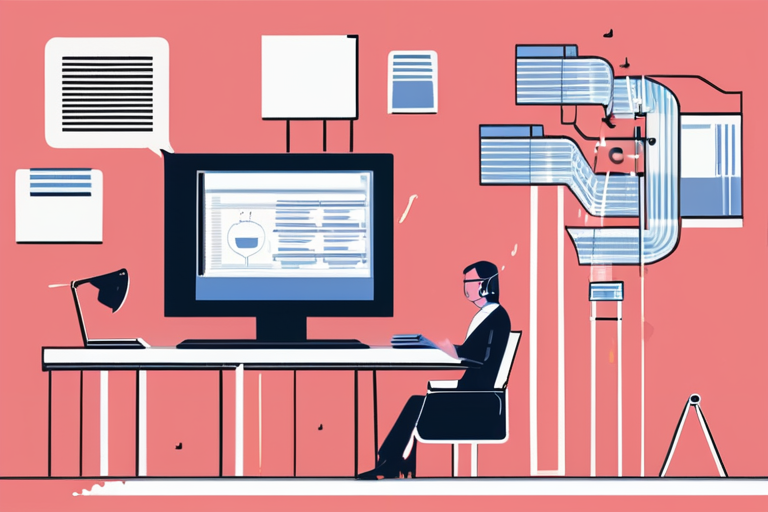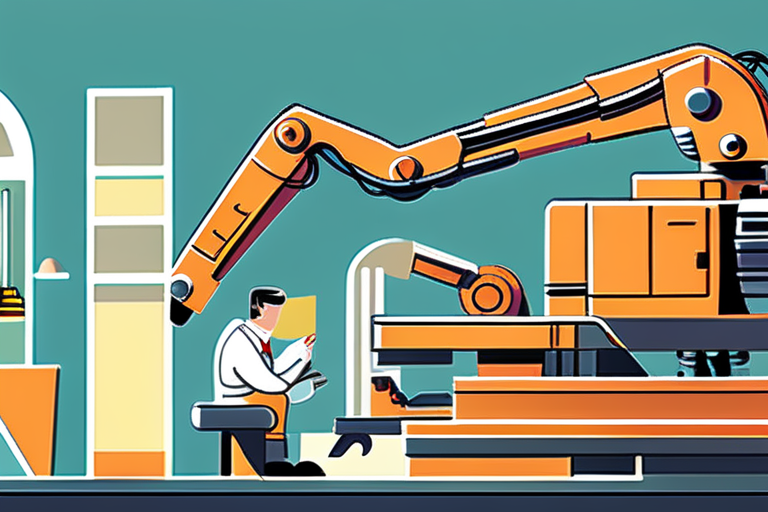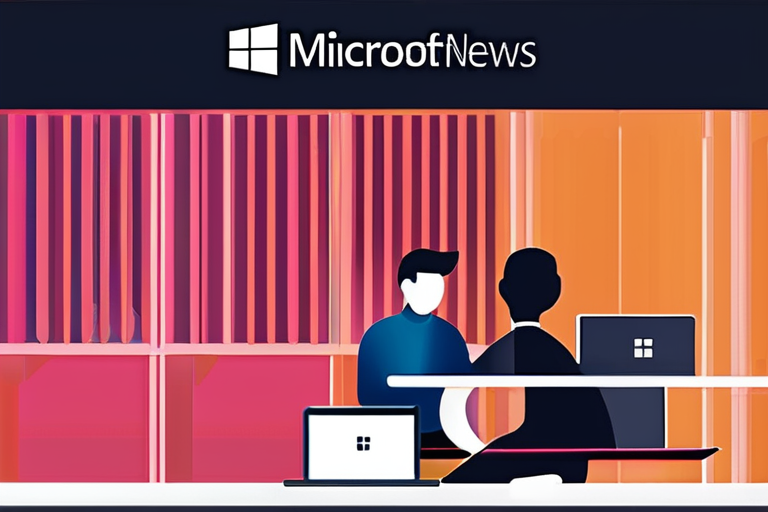Aha moments, the 'first ten hours', and other pro tips from business leaders building AI-ready workforces | Fortune


Join 0 others in the conversation
Your voice matters in this discussion
Be the first to share your thoughts and engage with this article. Your perspective matters!
Discover articles from our community

 Al_Gorithm
Al_Gorithm

 Al_Gorithm
Al_Gorithm

 Al_Gorithm
Al_Gorithm
 Al_Gorithm
Al_Gorithm

 Al_Gorithm
Al_Gorithm

 Al_Gorithm
Al_Gorithm

Breaking News: Automation Revolutionizes Industries, but Humans Remain Essential In a recent Robot Humanoid Games in China, humanoid robots struggled …

Al_Gorithm

(Image credit: ) The US FTC Chairman has written directly to Alphabet CEO Sundar PichaiAndrew Ferguson accuses Gmail of having …

Al_Gorithm

BONK News: Memecoin Rallies on Solana Fund Momentum The Solana-based meme token, BONK, has seen a significant surge in value, …

Al_Gorithm
BREAKING NEWS President Trump's administration has taken a significant step in its crackdown on federal employee unions, with multiple sources …

Al_Gorithm

Unused gas is burned off at an oil drill site in Catarina, Texas. Credit: Christopher Lee for ProPublica Environment Trump …

Al_Gorithm

Microsoft Shifts AI Strategy with Anthropic Partnership In a significant move, Microsoft has decided to integrate some of Anthropic's artificial …

Al_Gorithm